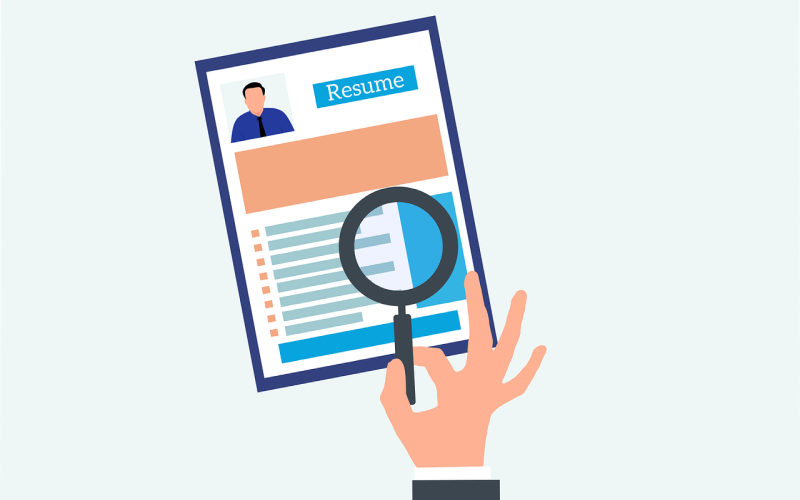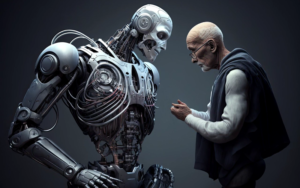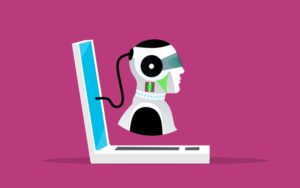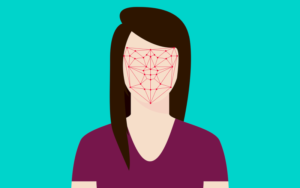AI hiring tools are changing the way companies look for new employees, and in a lot of ways, they seem like a game-changer. Imagine being able to scan hundreds of resumes in seconds, spot top talent, or even evaluate video interviews without anyone spending hours on each candidate. For hiring managers, it’s a huge time-saver, and for applicants, it might seem like AI could make the process fairer by cutting down on biases humans might bring to the table.
There are some real upsides to this. When designed well, these tools can help reduce some of the biases that creep into traditional hiring. A hiring manager, consciously or not, might give an edge to someone who went to the same college as them or someone with a familiar-sounding background. In theory, AI could help level the playing field by focusing only on skills, experience, and qualifications. The idea is that AI could take away some of those unconscious human biases, making the process a bit more objective.
But the reality isn’t always that simple. AI is only as good as the data it’s trained on. If a company’s hiring history leans toward certain biases, those biases can get baked into the algorithm, too. For instance, if a company has historically hired mostly people from certain schools or with specific backgrounds, the AI might end up filtering future candidates in the same way. So instead of removing biases, it could accidentally reinforce them, creating the opposite of a fair process.
Then there’s the issue of how these tools assess candidates beyond the resume. Some AI hiring systems analyze video interviews, looking at facial expressions, tone of voice, or body language to judge a candidate’s “fit” for the role. But it’s worth asking: can an AI really understand a person from a short video clip? Things like nervousness, cultural differences in expression, or even poor lighting can affect how someone comes across. For a human interviewer, those details might be noted but overlooked, but an AI might not have the same flexibility to interpret beyond the data it collects.
And there’s something else – the human touch. Job applicants often want to feel like they’re more than a collection of keywords on a resume or a set of expressions in a video. AI doesn’t offer the personal connection that a real conversation with a hiring manager might. Sometimes, what really helps someone land a job is how they click with a team or how they come across in those in-between moments during an interview. AI can miss these nuances, which could mean passing over candidates who’d actually be a great fit if they had the chance to connect on a personal level.
So, while AI can help speed things up and bring some consistency, it’s not a perfect solution. Ideally, companies using these tools would keep humans in the loop, allowing AI to handle the more tedious parts of screening but reserving the final say for people who can consider all the intangible qualities that make a great hire. Like anything else, AI is a tool—it can be incredibly helpful, but it’s not a replacement for the judgment and insight that only humans bring to the hiring process.





Hello! I could have sworn I’ve been to this blog before but after browsing through some of the post I realized it’s new to me. Anyways, I’m definitely happy I found it and I’ll be book-marking and checking back frequently!